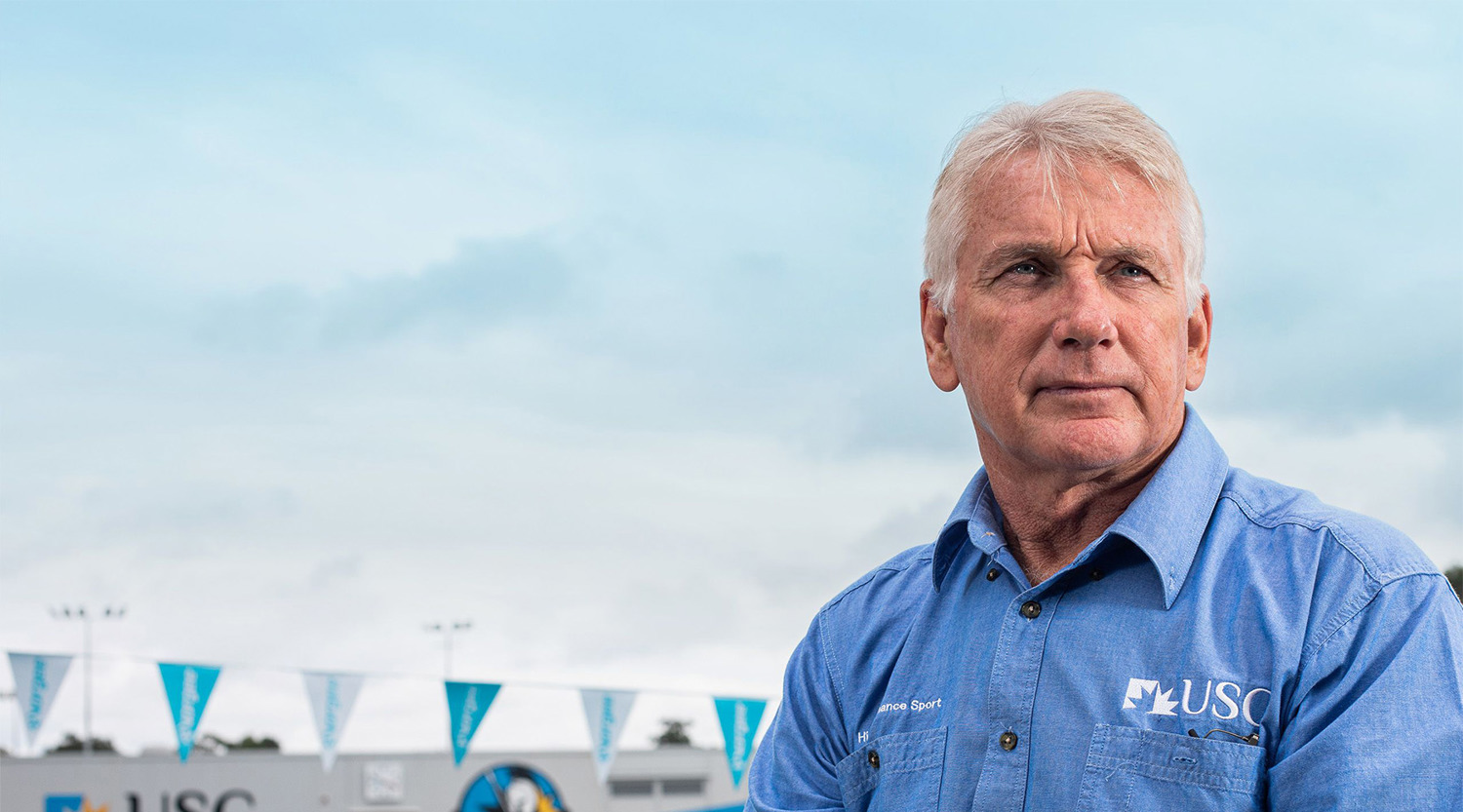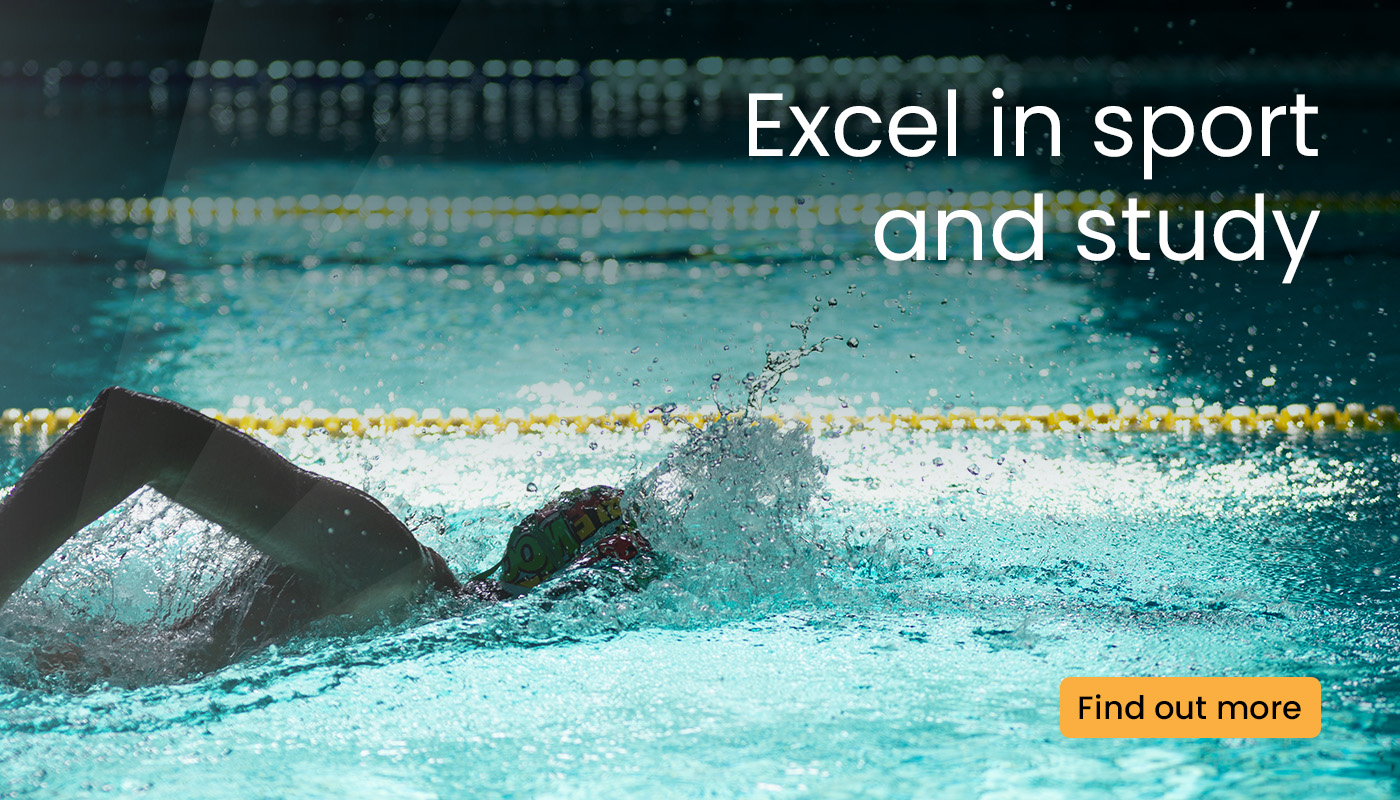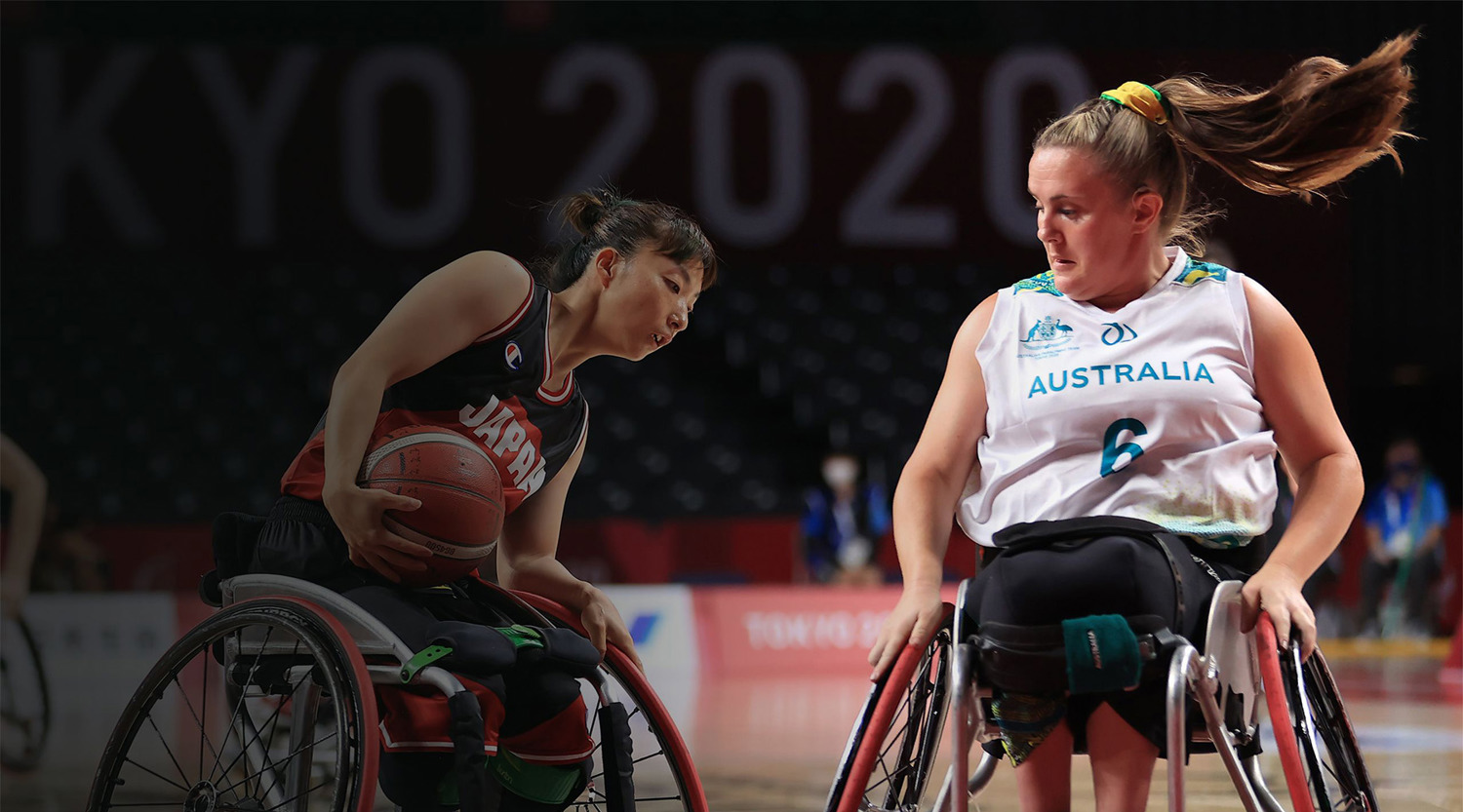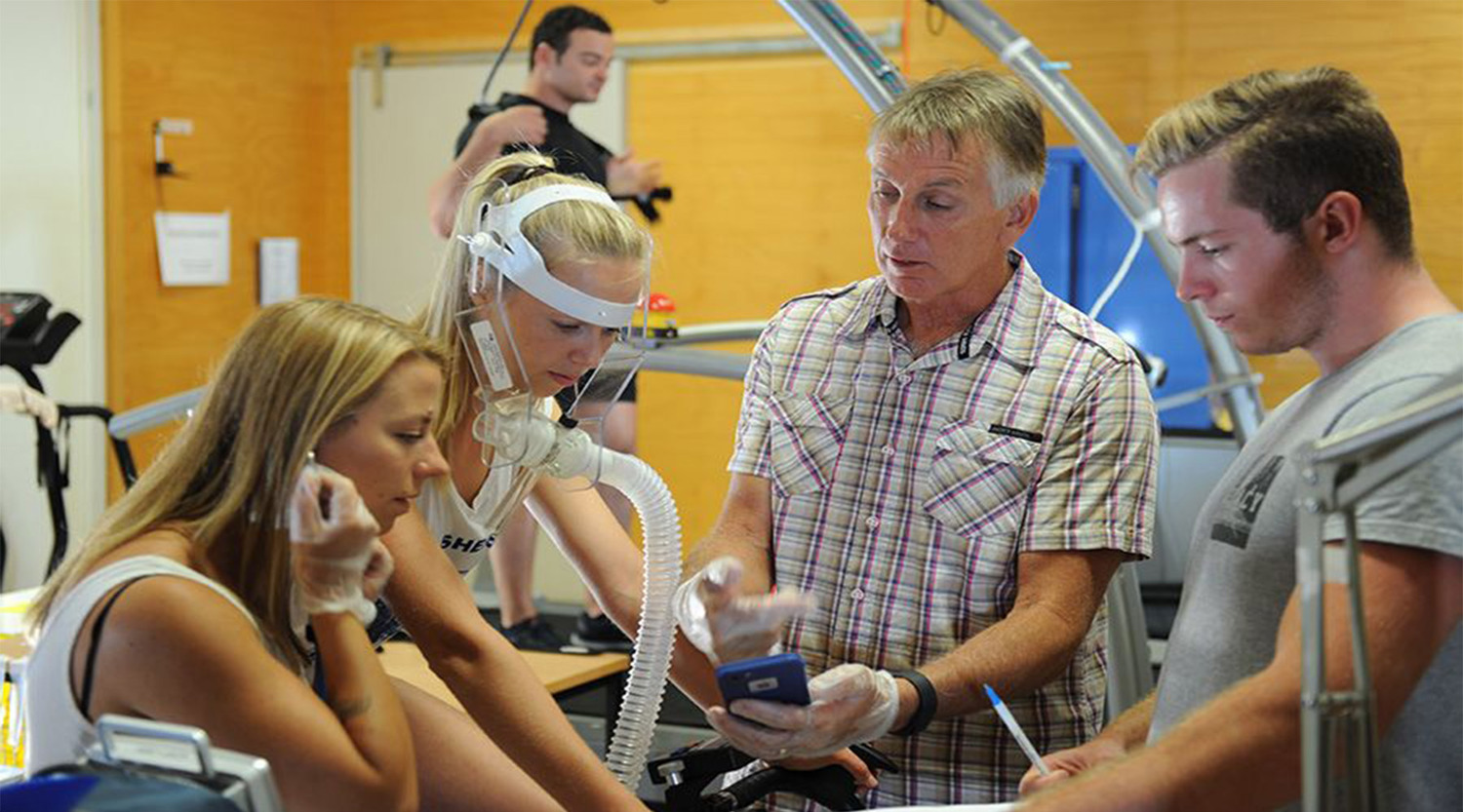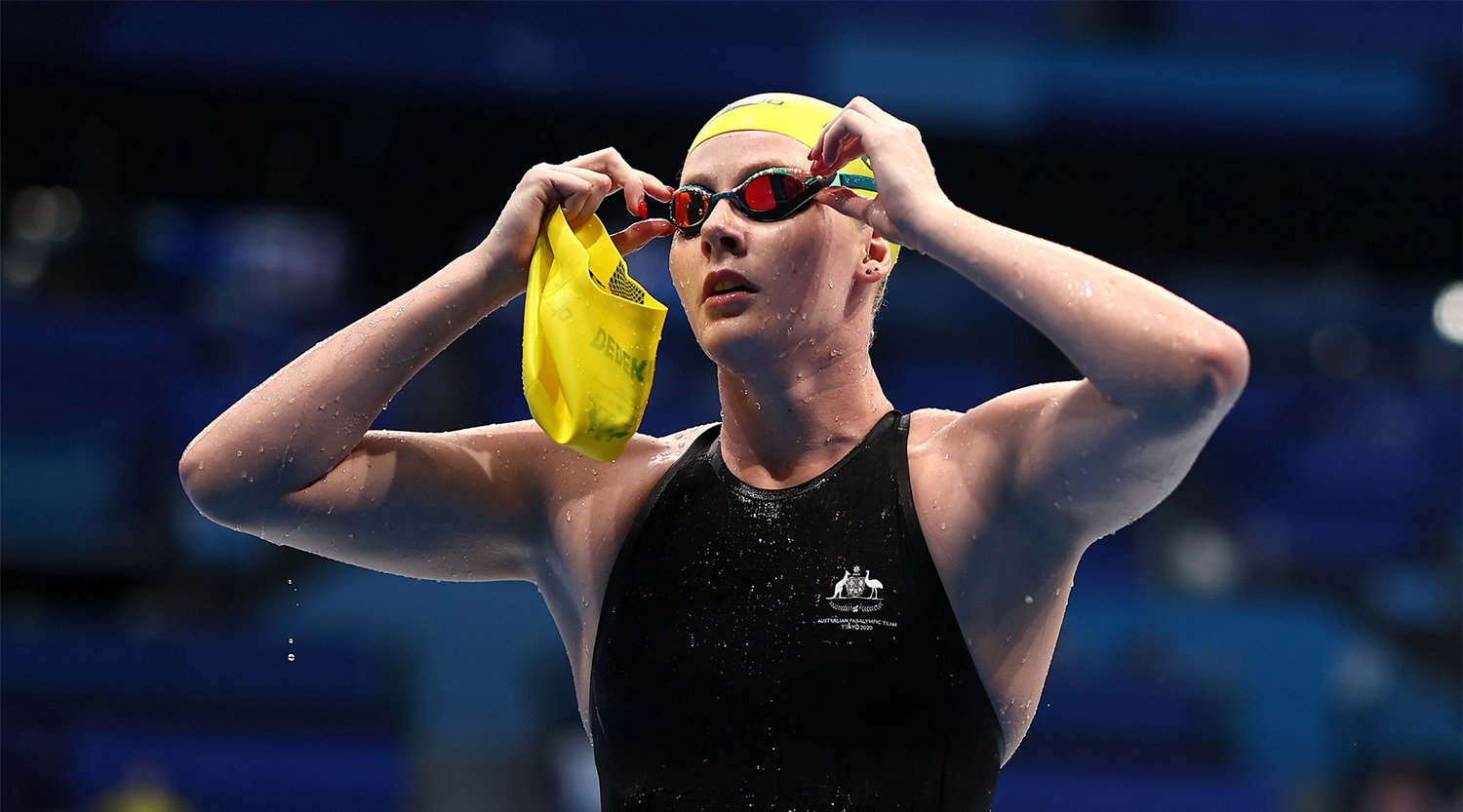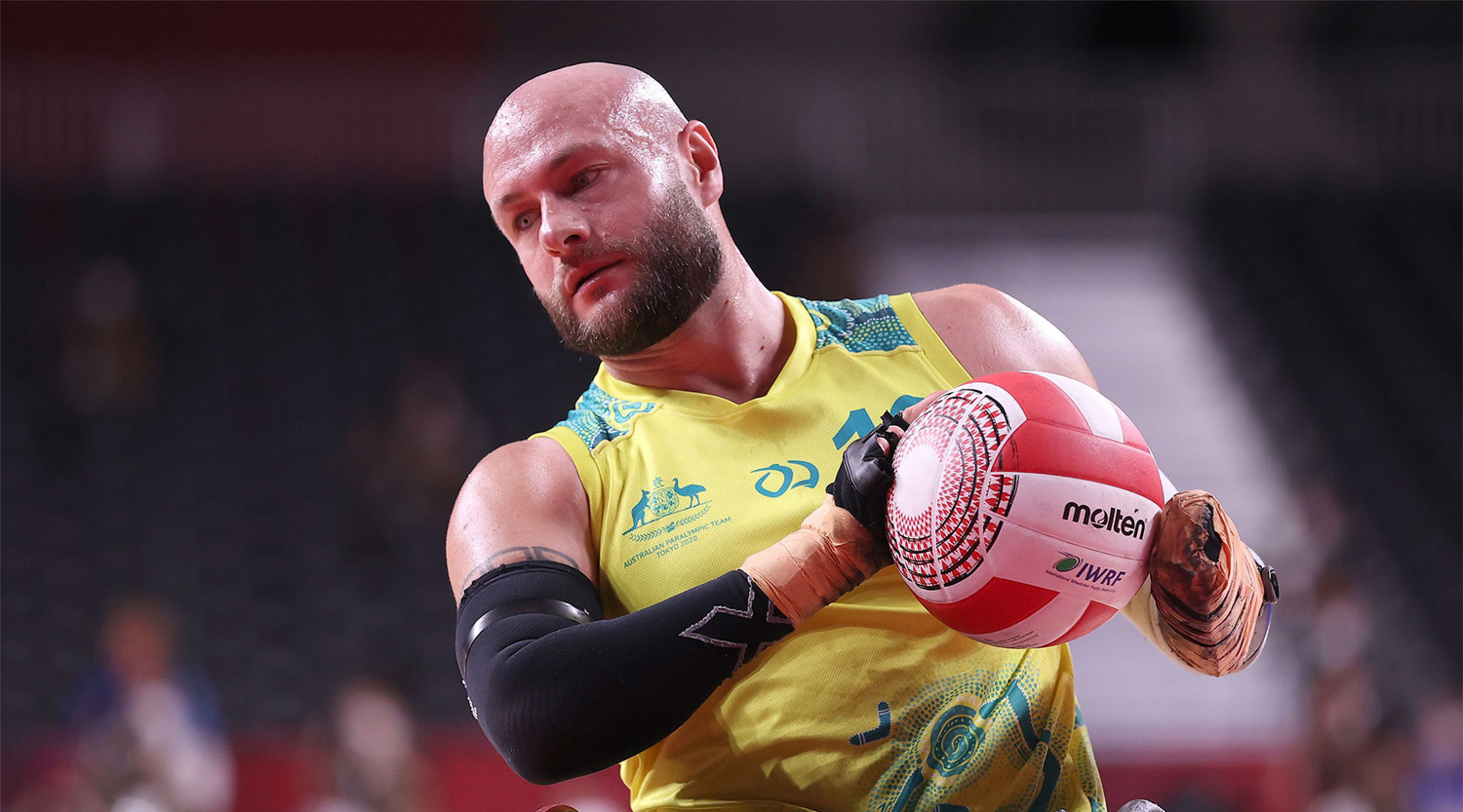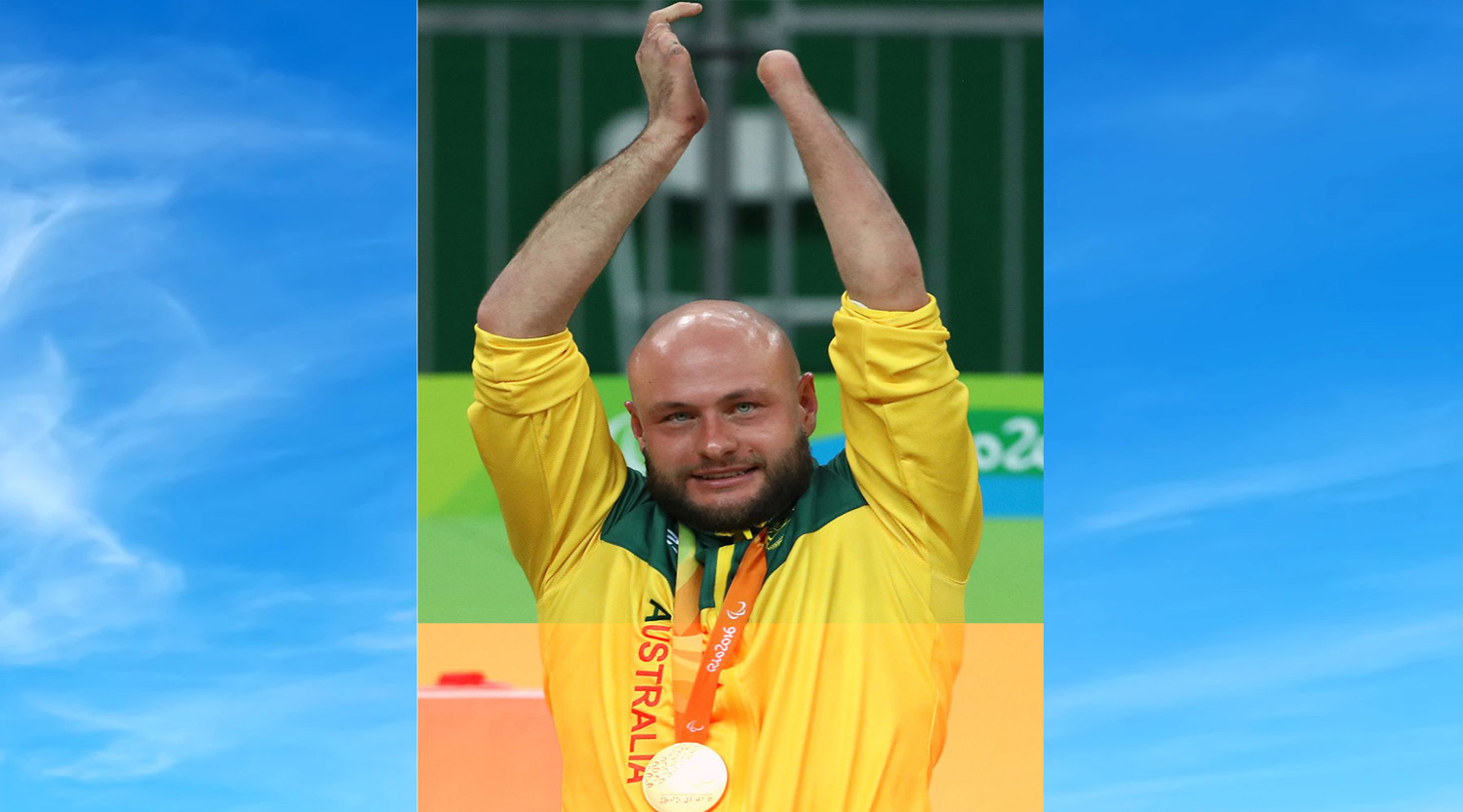A Para Sports Hub has been announced at the University of the Sunshine Coast – and the potential for athletes ahead of the 2032 Games is enormous.
Intentional or otherwise, Professor Brendan Burkett OAM cannot help but be an inspirational force.
The same could be said for UniSC’s newly-formalised Para Sports Hub, which by merely existing will be a beacon of positivity in the surrounding region.
“There’s not only a population that needs it, there’s a population that will be inspired by it,” says Professor Burkett, a former Paralympics national captain and flag-bearer.
“It’s easy in life to be discouraged and think ‘I can’t do this’, but when you see a person with a visual impairment or somebody in a wheelchair turn around and do something amazing, it leads you to think ‘If they can do it, why shouldn’t I?’.”
A Hub of Excellence
One mantra you will hear Professor Burkett refer to frequently in conversation is ‘How can I be the best I can be?’.
The four-time Paralympian undoubtedly applied that thinking during his own glittering athletic career, he applies it in his research and coaching pursuits, and he also uses it as a guiding light for the university’s ambitions in parasports.
UniSC has been an active leader in parasports, initially in swimming, then expanding into wheelchair basketball, wheelchair rugby, and paracycling.
The Para Sports Hub will provide UniSC with recognition to not only further the teaching and research it already conducts, but will also form a key engagement piece with the German-based International Paralympic Committee.
That is in addition to strengthening ties with Paralympics Australia and the respective national organisations governing each sport.
“There is no other parasports hub in the country, although we have been fulfilling much of that function since 2010,” Professor Burkett says.
Hannah Dodd #6 of Team Australia during the Women's Wheelchair Basketball Group A game at the Tokyo 2020 Paralympic Games on August 25, 2021 in Chofu, Japan. (Photo by Carmen Mandato/Getty Images)
“I think it’s a key consideration that we have been excelling in that space for more than a decade. We have the knowledge, the staff, the skills and desire to make it succeed.
The hub has been endorsed by senior representatives at Paralympics Australia, Sporting Wheelies and Disabled Association, and Queensland Academy of Sport.
“The hub fits into the values of UniSC – diverse, welcoming, ambitious – and will support students, staff, the wider community and external partners," Professor Burkett said.
“Accessibility has been a cornerstone of UniSC. The way it is designed reflects that. But it’s important to remember that creating the right environment is more than installing elevators and operable doors.
“It’s all about having the soft skills and experience to engage and communicate with the athletes and other stakeholders in a specialised field, and to have the connections to make things happen. UniSC ticks all the boxes.”
Engineering an athlete
After a hit-and-run incident on the day of his graduation from a Bachelor of Engineering in 1985, Professor Burkett had his left leg amputated.
One year later he completed a Master of Engineering, before undertaking a PhD in Biomechanics.
A keen sportsman before and after his amputation, he represented Australia as a swimmer at the Paralympic Games in Seoul, Barcelona, Atlanta and Sydney, collecting five medals, including a gold for the 50m freestyle.
He also dedicated himself to applying his knowledge of engineering to helping improve the physical capabilities of impaired athletes and everyday citizens.
“A lot of competitive sports is concentrated on looking at the physical attributes of each person – whether that’s height, reach, running gait etc – and trying to maximise it,” he says.
“When you’re looking at somebody with an impairment, you just think about those things a little harder. You take the same knowledge and extend it into innovative solutions.
“It’s good for the curious mind to understand things in fine detail.
“As a researcher or academic, it’s about trying to be the best you can be, helping somebody else to be the best person they can be.”
“As a researcher or academic, it’s about trying to be the best you can be, helping somebody else to be the best person they can be.”
Katja Dedekind of Team Australia looks on after setting a paralympic record in her women's 100m backstroke - S13 heat on day 2 of the Tokyo 2020 Paralympic Games at the Tokyo Aquatics Centre on August 26, 2021 in Tokyo, Japan. (Photo by Dean Mouhtaropoulos/Getty Images)
An opportunity of Paralympic proportions
With Brisbane and South-East Queensland set to host the Summer Olympics and Paralympics in 2032, there will likely be opportunities to tie the UniSC Para Sports Hub to training and events.
But Professor Burkett is not putting all his eggs in the one basket with the development of the precinct.
“It’s fantastic that everything leads to this one-off spectacular sports festival, but it’s the stuff that happens before and after 2032 that is arguably even more important,” Professor Burkett says.
“There is a 10-year runway ahead of us before the biggest sporting event in the world comes to town, and how we plan for things like transport and facilities until then are vital.
“The benefits in the immediate term and longer term for the community, and the sense of inclusion on the Sunshine Coast, depend on if we capitalise on the opportunities presented.” Professor Brendan Burkett
Chris Bond #10 of Team Australia controls the ball against Team Japan during the bronze medal wheelchair rugby match at the Tokyo 2020 Paralympic Games at Yoyogi National Stadium on August 29, 2021 in Tokyo, Japan. (Photo by Alex Pantling/Getty Images)
Coming home
One of the UniSC athletes who immediately recognises the benefits of training at a Para Sports Hub is two-time Paralympic Gold medallist and world champion international wheelchair rugby athlete Chris Bond OAM PLY.
Prior to the Rio de Janeiro Paralympics in 2016, Bond had to relocate his training to Brisbane because he didn’t have everything he needed, but with upgrades to UniSC’s facilities in recent years, he can remain at home while taking on the best in the world.
“The thing with having something like the Para Sports Hub is that you get an incredible benefit from training alongside other elite athletes, no matter their sport,” Bond says.
“There is that motivation to go hard and impress others around you, plus it enforces that culture of excellence and pushing yourself to the limit.
“An additional aspect in para sports is that adaptive equipment or new engineering concepts can significantly improve your performance, and often you’ll find out about these things from interacting with other athletes.”
“Sport is a special driver in our community, changes the way people feel about themselves and others, and helps them meet people they never would have otherwise.”
Even though he is 36, Bond admits he does have a flickering hope of extending his career long enough so he can compete at the Brisbane Paralympic Games in 2032, when he will be 46.
“At the Tokyo Paralympics a lot of players were close to 50, so it’s not impossible, but more than likely my participation will depend on my family commitments,” he says.
“But let’s put aside high-performance sports and remember that anything that encourages anybody into sports – whether as an impaired athlete or otherwise – is the ultimate goal.
“Sport is a special driver in our community, changes the way people feel about themselves and others, and helps them meet people they never would have otherwise.”
Chris Bond of Australia celebrates after winning the match against the United States in the Men's Wheelchair Rugby Gold Medal at the Rio 2016 Paralympic Games on September 18, 2016 in Rio de Janeiro, Brazil. (Photo by Buda Mendes/Getty Images)
Media enquiries: Please contact the Media Team media@usc.edu.au


